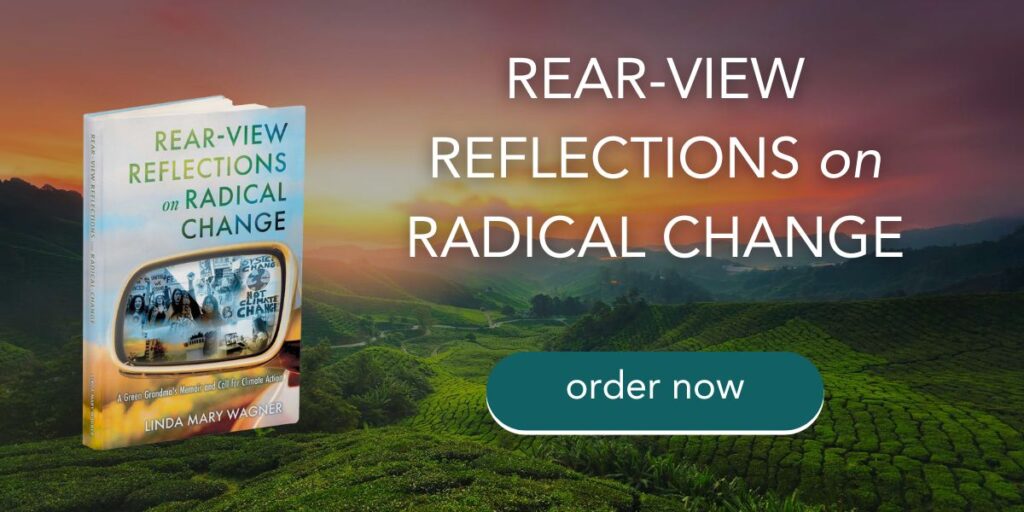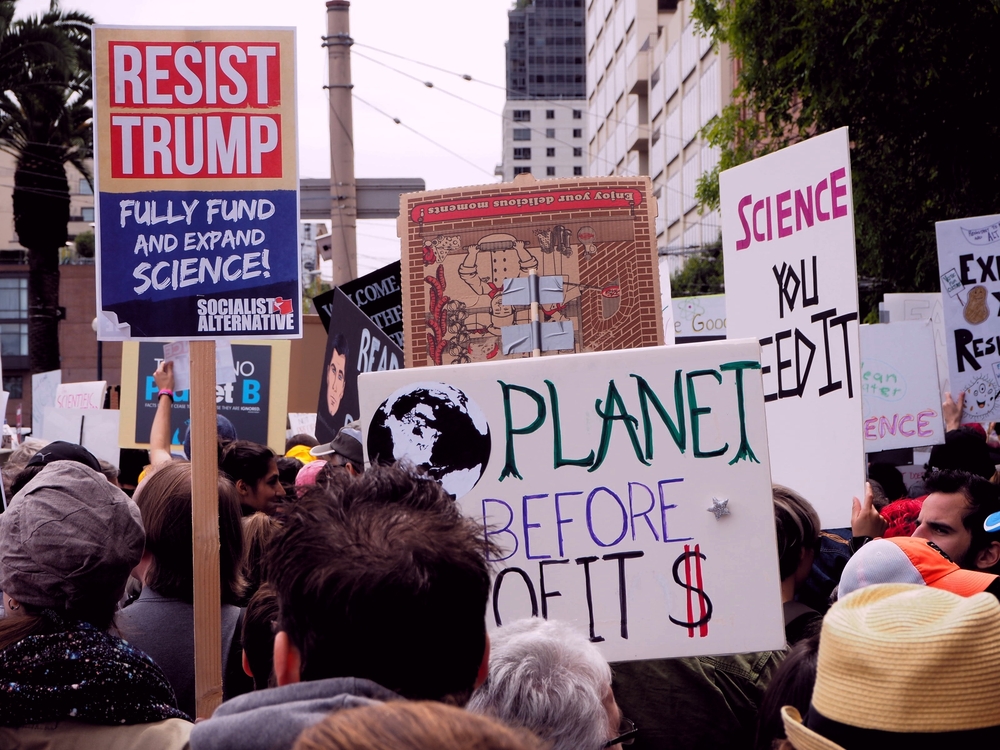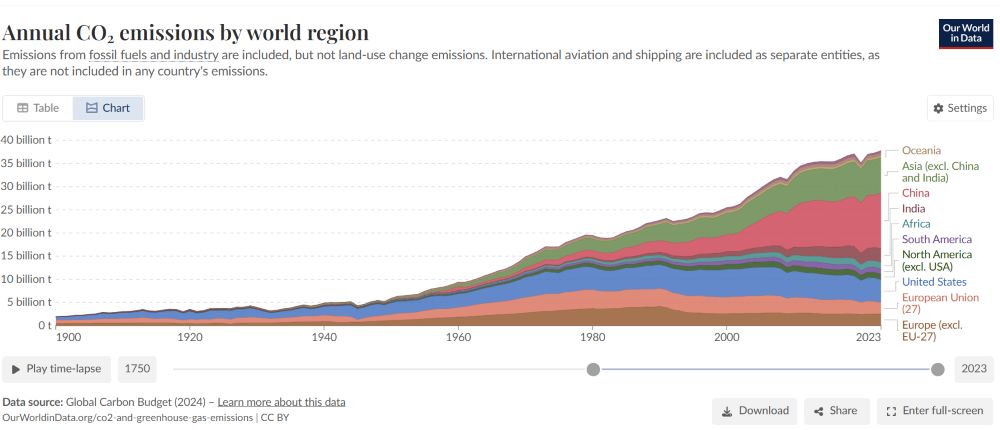I have set aside my own dismay about Donald Trump’s win since COP 29, the latest international climate summit, has begun. While Trump’s win threatens stormy weather at COP 29, some reasons for hope exist outside the American federal government.
What Is COP 29?
As the BBC explains, “COP29 is the world’s most important meeting on climate change. It is led by the UN, and this year’s event, the 29th such gathering, will run from November 11-22. It is being held in Baku, the capital of Azerbaijan, a central Asian country located between Russia and Iran.” This is the third consecutive year the summit has been held at an oil-producting nation. Financing climate action and stored energy technologies are in the spotlight this year.
“The US president-elect is a known climate sceptic who has called efforts to boost green energy a “scam” and his victory has been seen by climate experts as a major setback, “ the BBC reports.
Why the Climate Summit Matters
In preparation for COP 29, the World Meteorological Organization (WMO) prepared its report, State of the Climate 2024 Update for COP29, with this summary of its findings:
- Jan-Sept 2024 global average temperature 1.54 (±0.13) °C above pre-industrial level
- Long-term warming measured over decades remains below 1.5°C
- Past 10 years are warmest on record and ocean heat rises
- Antarctic sea ice second lowest on record and glacier loss accelerates
- Extreme weather and climate events lead to massive economic and human losses
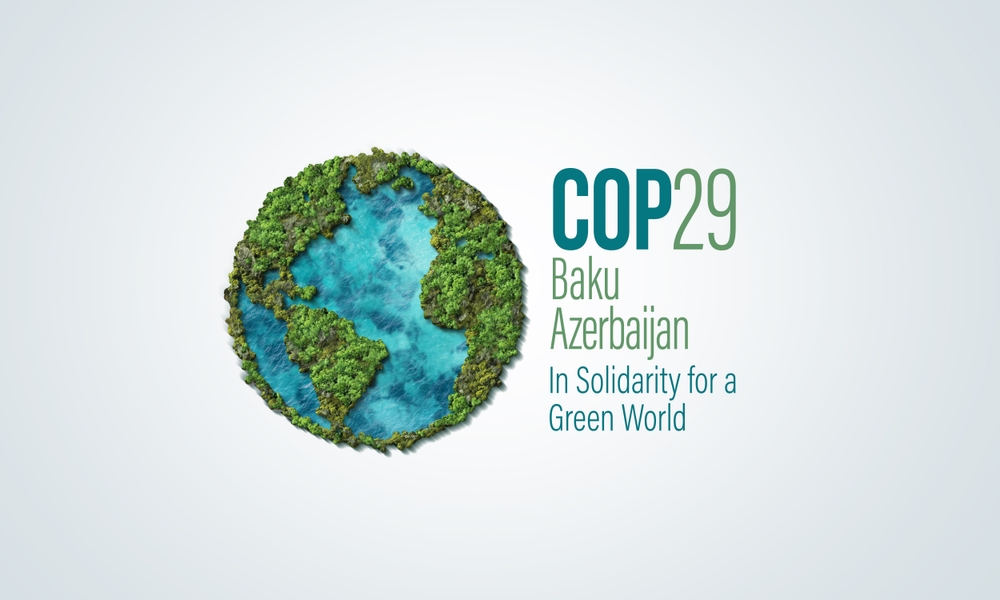
NPR reported, “Now Azerbaijan has set a new, ambitious goal for the summit — to increase global energy storage six-fold. Stored energy, often with batteries, can backstop renewable energy when the sun isn’t shining or the wind isn’t blowing.”
Efforts in the U.S. to address climate change have ranged from government action at the local, state and federal level to business innovation and nonprofit education and advocacy. But Trump has stated he intends to pull the federal government out of the Paris Agreement, ramp up drilling for fossil fuels, undo climate action advances made during the Biden Administration, and unravel regulation of business generally.
Trump’s Goal for EPA – Roll Back Regulations
NBC News reported on one appointment that reaffirms Trump’s intentions, Trump taps former Rep. Lee Zeldin to lead the Environmental Protection Agency. The Washington Post noted, “A lawyer by trade, Zeldin does not have an extensive background in environmental issues and said in a post on X accepting the role that he aims to ‘restore US energy dominance.’” Regarding Zeldin’s appointment, The Hill reported, “Zeldin has a lifetime score of 14 percent from the League of Conservation Voters, which rates politicians based on how often they make pro-environment votes.”
David Sassoon, Founder and Publisher of Inside Climate News, wrote this to readers of his online publication: “There’s no mincing words: the re-election of Donald Trump will accelerate the planetary environmental emergency we call climate change; also the related modern mass extinction of species we call biodiversity loss; and the uncontrolled proliferation of toxic chemicals and plastics in the environment which we call pollution. Almost all of it is the collateral damage of hydrocarbon energy prosperity. These are not partisan speculations. They are sober assessments of the environmental consequences that will flow from the actions and policies that the President-elect has already started to put into motion.”
Voters Support Climate Initiatives in Several States
The anticipated impact of the GOP control of the White House, Senate, and House of Representatives is dire for those most concerned about the climate crisis. And yet Inside Climate News found that Climate Initiatives Fare Well Across the Country Despite National Political Climate – “From California to Louisiana, ballot measures on climate and the environment gained voters’ approval. In state legislatures, results were mixed.”
Covering COP 29 with a headline that said, “Science is Still Science,” Politico reported, “America’s top climate diplomat John Podesta told foreign officials Monday that the U.S. remains committed to fighting climate change, even if President-elect Donald Trump isn’t.
“Science is still science.” – USA Climate Diplomat John Podesta
‘This is not the end of our fight for a cleaner, safer planet. Facts are still facts. Science is still science. The fight is bigger than one election, one political cycle in one country,’ Podesta told reporters. ‘I’m confident that the United States will continue to reduce emissions, benefiting our own country and benefiting the world,’ Podesta said.
Reasons for Hope Remain
He urged the private sector to make even bigger investments in clean energy innovation. He also highlighted the role states, cities and others can play in driving climate action.”
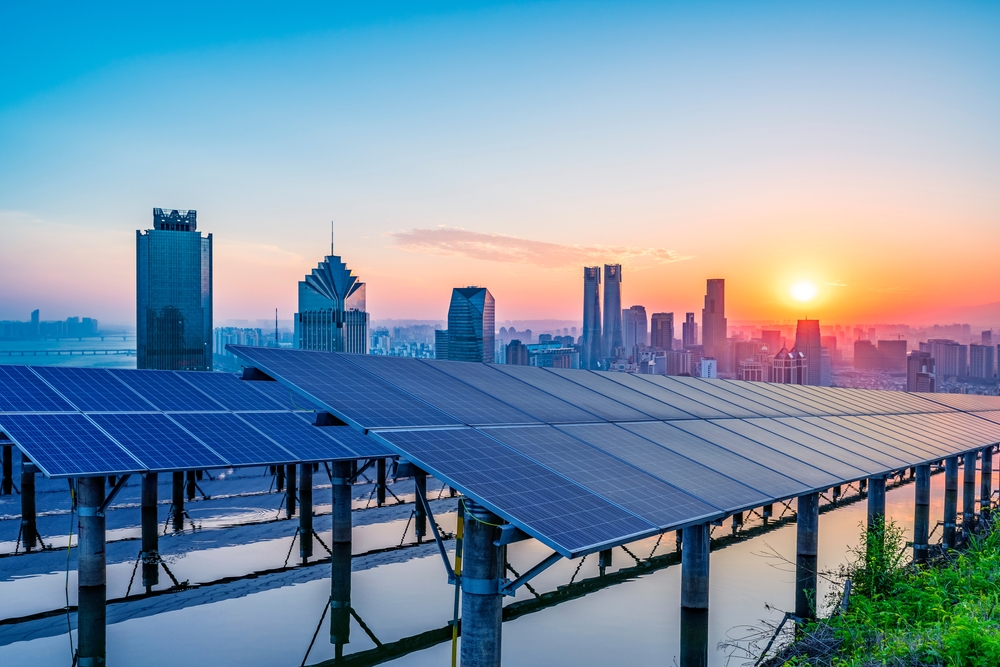
The Guardian’s climate and environment editor in Australia, Adam Morton, offered an analysis of what we can realistically expect over the next four years in Trump 2.0 could make even the most optimistic climate observers cynical – but it’s not the whole story. The article notes that “… the most important gauges of climate progress will be what happens in China,” adding, “China continues to go big on solar power, having installed 163 gigawatts of new solar (more than twice Australia’s entire electricity capacity) in the first nine months of this year alone. Its solar and wind generation are up 44% and 24% compared with a year ago, respectively. Nuclear power played a smaller role, creeping up only 4%.”
“What I’m saying is, we still have places to do crucial work. And together we will.” – Climate Activist and Author of End of Nature, Bill McKibben
U.S. climate activist Bill McKibben, in a message to Third Act members, said, “…the sun came up this morning…And that sun is now the cheapest source of energy on earth, and the key to doing something about our greatest crisis. What I’m saying is, we still have places to do crucial work. And together we will.”
Consider joining a Climate Action Group!


